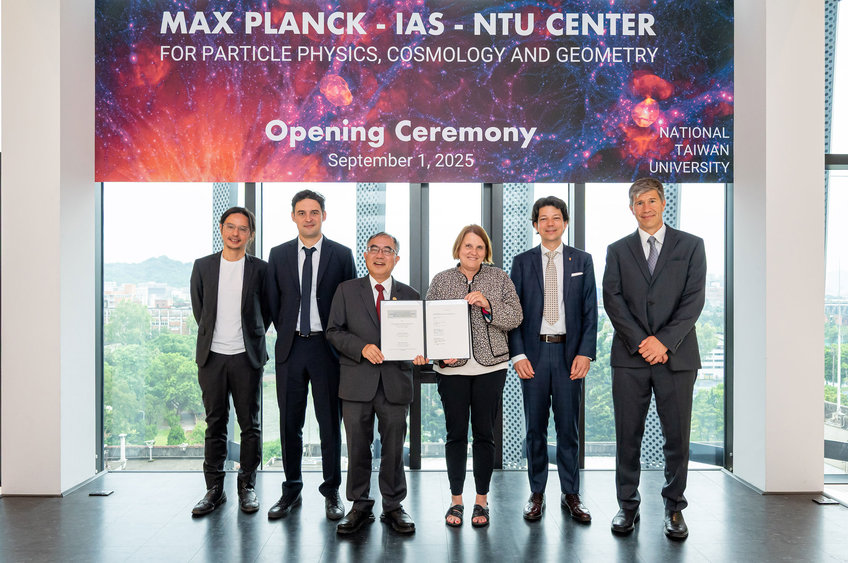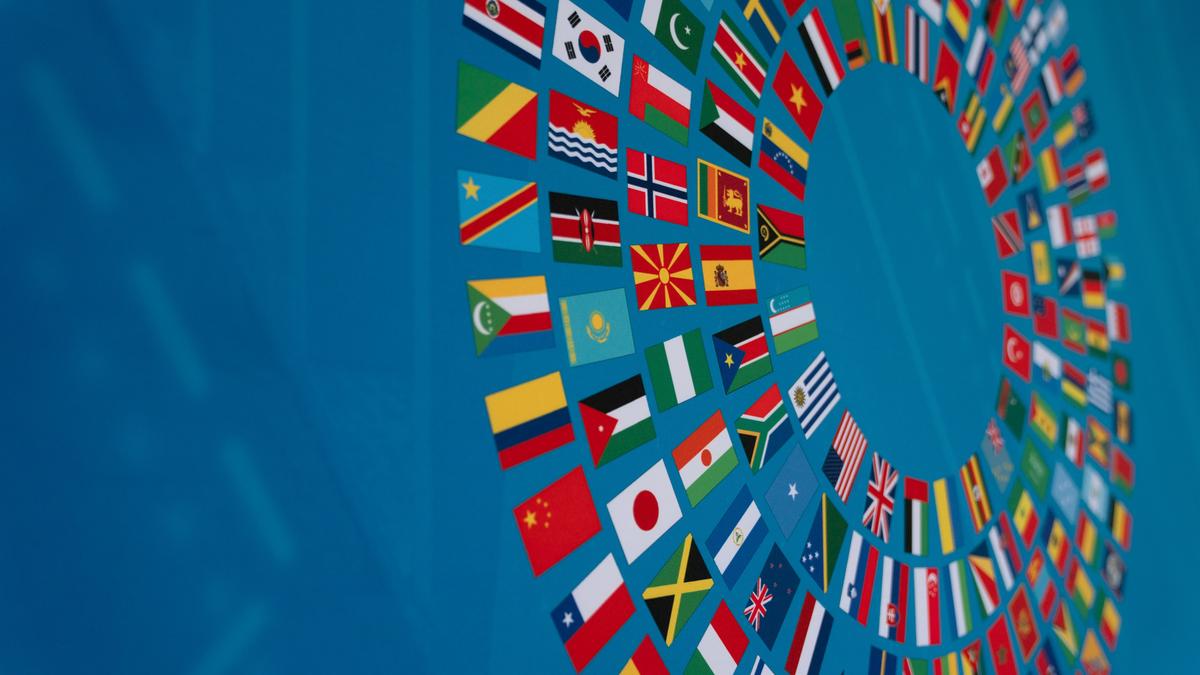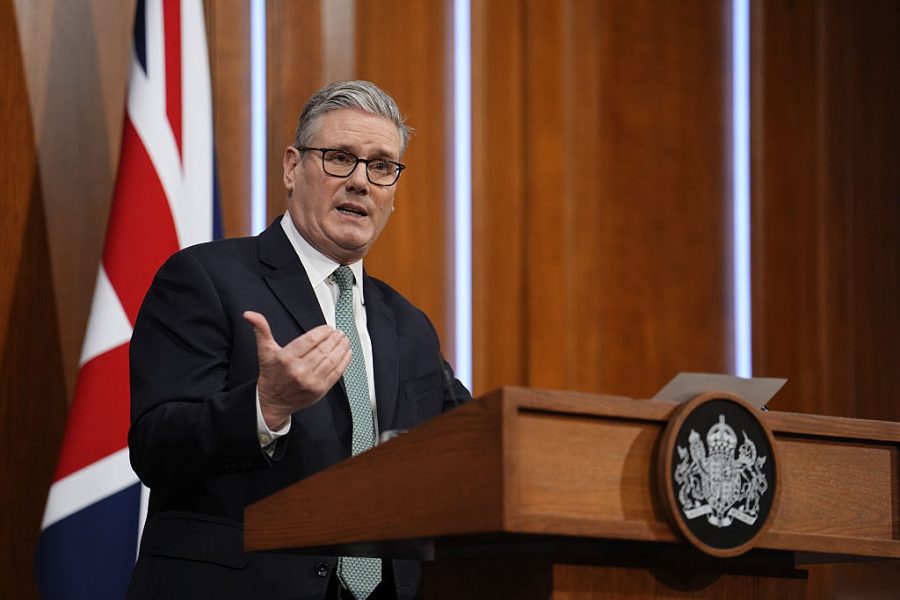
A new collaborative initiative, the Max Planck-IAS-NTU Center for Particle Physics, Cosmology, and Geometry, was officially inaugurated on September 1, 2025, in Taipei, Taiwan. This center brings together esteemed researchers from Germany, the United States, and Taiwan, focusing on the fundamental questions surrounding the origins and structure of the Universe.
The center aims to bridge the gap between two successful yet incompatible theories: particle physics, which delves into the smallest components of matter, and cosmology, which examines the Universe on a grand scale. The partnership is designed for long-term collaboration, early-career training, and a commitment to open science.
During the inauguration ceremony, a significant agreement was exchanged between Claudia Felser, Vice President of the Max Planck Society, and Wen-Chang Chen, President of National Taiwan University (NTU). The center is a joint effort involving the Max Planck Institute for Physics (MPP) in Garching, Germany, the Institute for Advanced Study (IAS) in Princeton, USA, and NTU.
Creating a Global Hub for Theoretical Physics
“This collaboration combines the expertise of our three partner institutions, establishing a global hub for excellence in theoretical physics,” stated Johannes Henn, co-director from MPP. The center is envisioned to foster collaboration across various disciplines, aiming to develop new mathematical tools that can enhance our understanding of quantum field theory, elementary particle interactions, and the physics governing the early Universe.
Recent studies have revealed intriguing connections between the realms of particle physics and cosmology, suggesting new methods to analyze particle scattering and investigate the Universe’s initial conditions after the Big Bang. The MPC intends to leverage these interdisciplinary insights to address complex questions that have long remained unanswered.
One of the pressing inquiries is the state of the Universe before the hot Big Bang, as noted by Daniel Baumann, Chee-Chun Leung Professor of Cosmology at NTU. “With this Center, we bring together expertise in particle physics, cosmology, and geometry to find new answers to fundamental questions about the Universe’s origin and evolution,” he explained.
Funding and Future Initiatives
Operations at the MPC commenced earlier in July 2025, and an inaugural symposium took place from September 1-3, 2025, at NTU. A kick-off conference is planned for March 16-20, 2026, at IAS, emphasizing the center’s commitment to ongoing research and collaboration. The initial funding period is set for five years, underscoring the long-term vision for this groundbreaking initiative.
The center is co-directed by Johannes Henn (MPP), Nima Arkani-Hamed (IAS), and Daniel Baumann (NTU), with deputy co-directors including Matias Zaldarriaga (IAS), Bernd Sturmfels (MPI-MiS), and Yu-Tin Huang (NTU). The Max Planck Society is recognized as Germany’s leading organization for basic research, with a history dating back to 1948 and a notable roster of 31 Nobel laureates.
The MPC is strategically based at NTU’s Leung Center for Cosmology and Particle Astrophysics (LeCosPA), which was established through a generous donation from Chee-Chun Leung, President of Quanta Computer. This collaboration positions Taiwan at the forefront of cutting-edge research in theoretical physics, promising to yield significant insights into the fundamental nature of the Universe.






